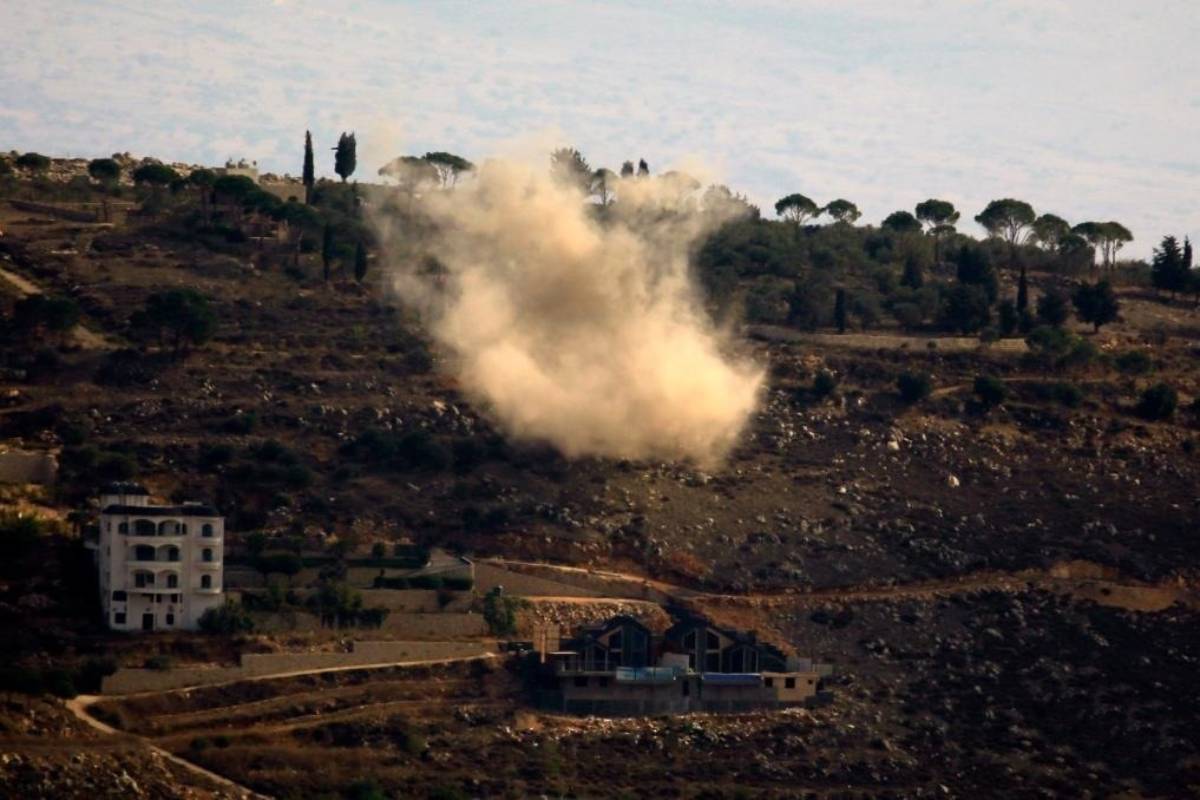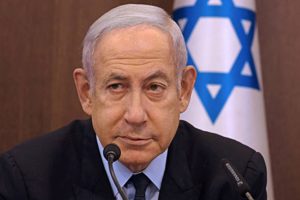The exchange of fire between Israeli forces and Hezbollah escalated on the Israel-Lebanon border, with Israel claiming the killing of the Lebanese militant group’s two senior commanders.
Israel Defense Forces (IDF) Spokesman Daniel Hagari admitted that Israel was behind the assassination of Ali Hussein Barji, a Hezbollah commander, in Lebanon earlier on Tuesday, a day after it killed the senior commander of Hezbollah’s elite Radwan forces, Wissam Hassan Tawil.
At a press briefing, Hagari said Barji, who was killed in an airstrike, had been identified as the southern Lebanon commander of Hezbollah’s Aerial Unit, also the Hezbollah figure that led “dozens” of drone attacks against Israel, including an attack on an Israeli army base on Tuesday.
The IDF on Tuesday carried out several strikes on southern Lebanon, killing three Hezbollah members who, according to Hagari, were attempting to launch drones at Israel, Xinhua news agency reported.
Meanwhile, in northern Israel, air raid sirens wailed throughout the day and into the night as rockets and combat drones were launched by Hezbollah. No casualties were reported on the Israeli side.
The confrontations between Hezbollah and Israel have killed 211 people on the Lebanese side, including 154 Hezbollah members and 35 civilians, according to Lebanese security sources.
Meanwhile, the Israeli army said it was “expanding” its assaults in Khan Younis in the southern Gaza Strip, where at least 40 Palestinian militants were killed over the past day.
“Soldiers from the Paratroopers Brigade combat team are fighting in the heart of Khan Younis, eliminating terrorists in close-quarter battles and with sniper fire,” the army said.
The troops “are locating numerous weapons, including arms, grenades, and ammunition,” it added.
Despite international calls for the protection of civilians in Gaza, including by US Secretary of State Antony Blinken, who was on a visit to the Middle East, Israel said it would intensify strikes in southern Gaza.
In his meeting with Israeli Prime Minister Benjamin Netanyahu, Blinken stressed “the importance of avoiding further civilian harm and protecting civilian infrastructure in Gaza,” according to a statement released by his office.
In a separate meeting, Israeli Defence Minister Yoav Gallant told Blinken that operations in the area of Khan Younis are expected to “intensify and continue until Hamas leadership is detected, and Israeli hostages return home safely”.
Blinken’s visit, his fourth trip to the region since the outbreak of the Israel-Hamas war in October last year, comes amid increasing international concerns about the Gaza situation.
The death toll in the Palestinian enclave has risen to 23,210, and nearly two million people were displaced amid a severe humanitarian crisis, according to the Gaza-based Health Ministry.
Meanwhile, the IDF confirmed on Tuesday that at least nine Israeli soldiers were killed in the Gaza operation on Monday, bringing the total number of casualties among troops to 519, with 2,465 more injured.





